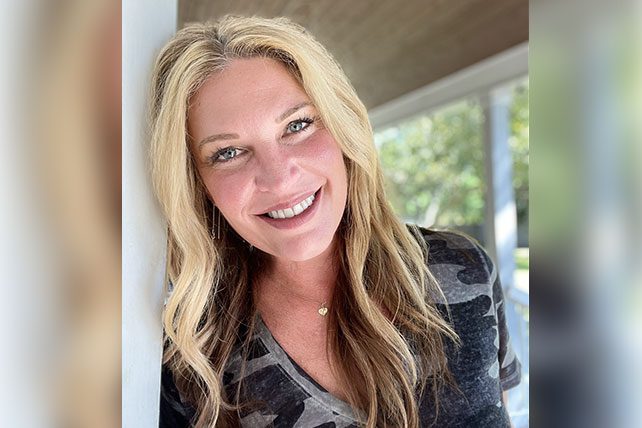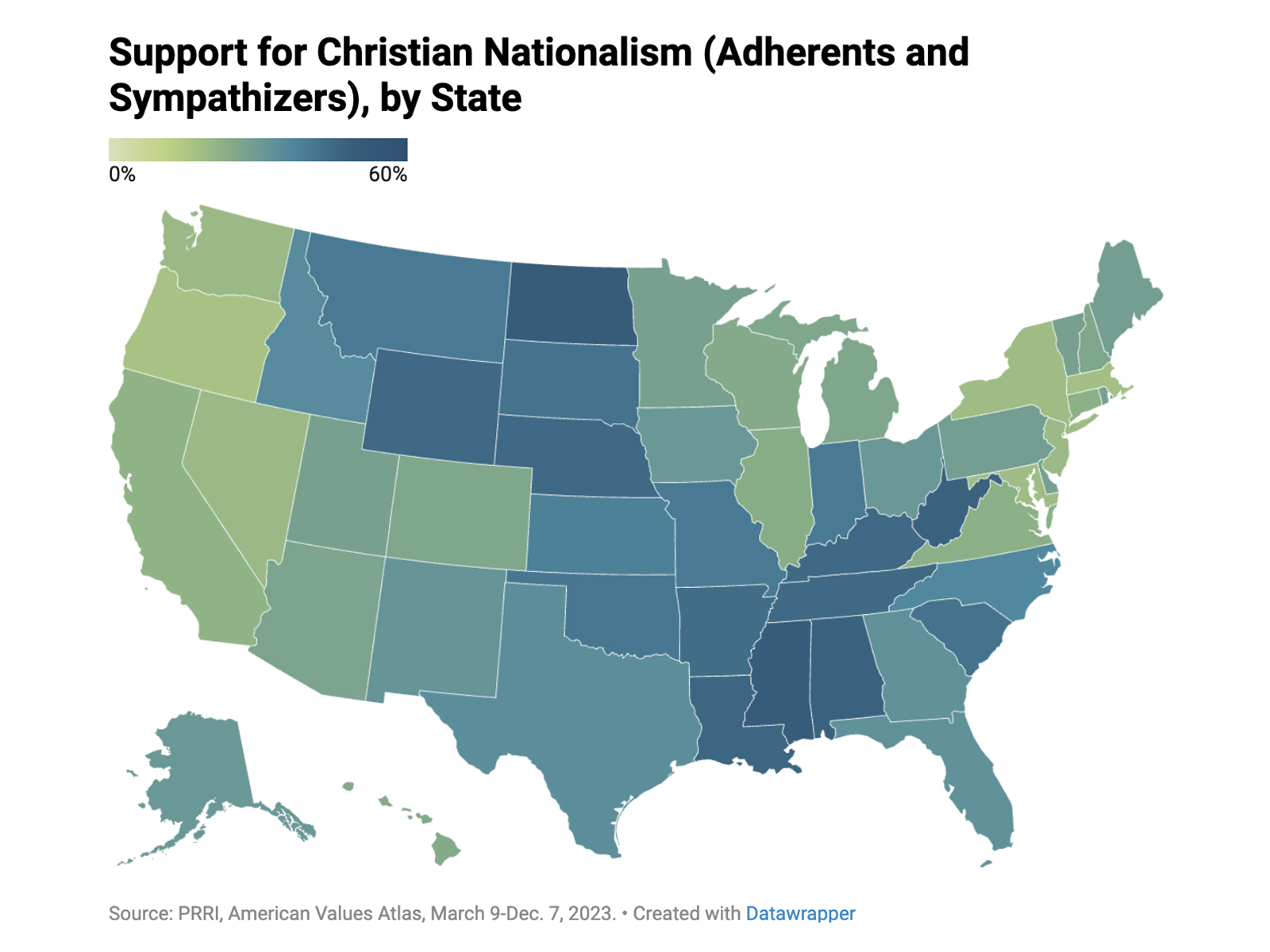Who is Jen Hatmaker? She is a multifaceted personality who has carved out a unique space for herself in the realms of literature, podcasting, and social advocacy. Known for her candidness and humor, Hatmaker has garnered a substantial following while also facing significant controversies, particularly around her views on LGBTQ rights and her personal life. This article delves into her background, beliefs, and the multifaceted aspects of her public life.
Educational and Biographical Background
Jen Hatmaker, born on August 12, 1974, in Kansas, grew up in a religious household that laid the groundwork for her later life as a Christian speaker and author. She pursued higher education at Oklahoma Baptist University, where she deepened her understanding of religious studies, though her major was Education. This period was crucial in shaping her perspectives and her eventual career path, intertwining her faith with her professional life.
Hatmaker’s journey from a church leader’s daughter to a prominent author and speaker is marked by her commitment to discussing difficult and often taboo topics openly. She was married to Brandon Hatmaker, and together they founded the Austin New Church in Texas, a community project that reflected their inclusive approach to Christianity.
Family Life
Jen and Brandon Hatmaker have five children, three of whom were adopted. Their family life, often shared openly on social media and in Jen’s writings, reflects their commitment to their values and community. The Hatmakers’ approach to family and parenting, grounded in their faith, has been both admired and scrutinized by the public and their followers.
Religious Beliefs and LGBTQ Stance
Jen Hatmaker identifies herself as a Christian, but her interpretation of Christian teachings, especially regarding LGBTQ rights, has sparked significant controversy. She is an outspoken advocate for LGBTQ inclusion in the Christian community, which has led to both support and backlash from different factions within the religious community. Her stance has resulted in her facing ostracization from certain conservative Christian groups.
RELATED: 10 Things Every Christian Should Know About Their LGBT Neighbors
Controversies and Public Backlash
Hatmaker’s public declaration of support for same-sex marriage in 2016 marked a turning point in her career. This stance led to her books being pulled from several Christian retailers, and she faced widespread criticism from evangelical communities.
Her openness about personal struggles, such as her divorce from Brandon Hatmaker and discussions about celibacy, has also been met with mixed reactions, contributing to what some refer to as her being “cancelled” by parts of the Christian community.
Divorce and Personal Challenges
The divorce between Jen and Brandon Hatmaker was public and painful, a significant event that she shared openly with her followers. This transparency about her personal life is a hallmark of Hatmaker’s approach to her public persona but has also led to further controversy and discussion among her audience and critics.
RELATED: What Does the Bible Say About Divorce? Let’s Start Believing the Scriptures






























